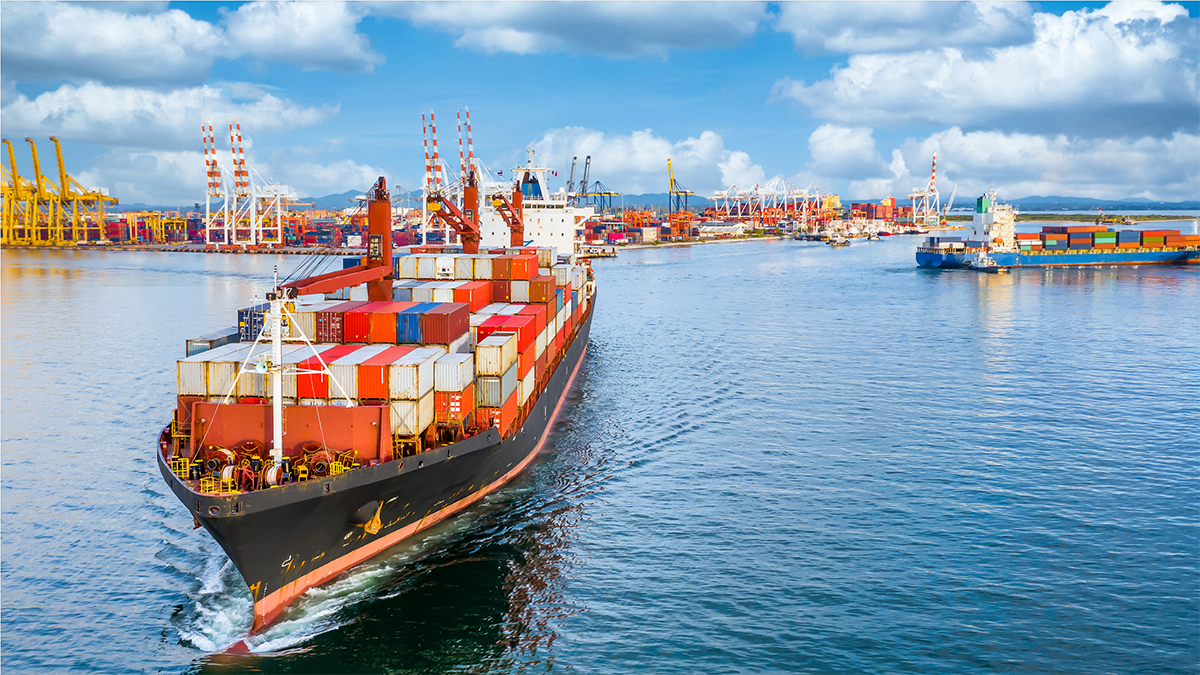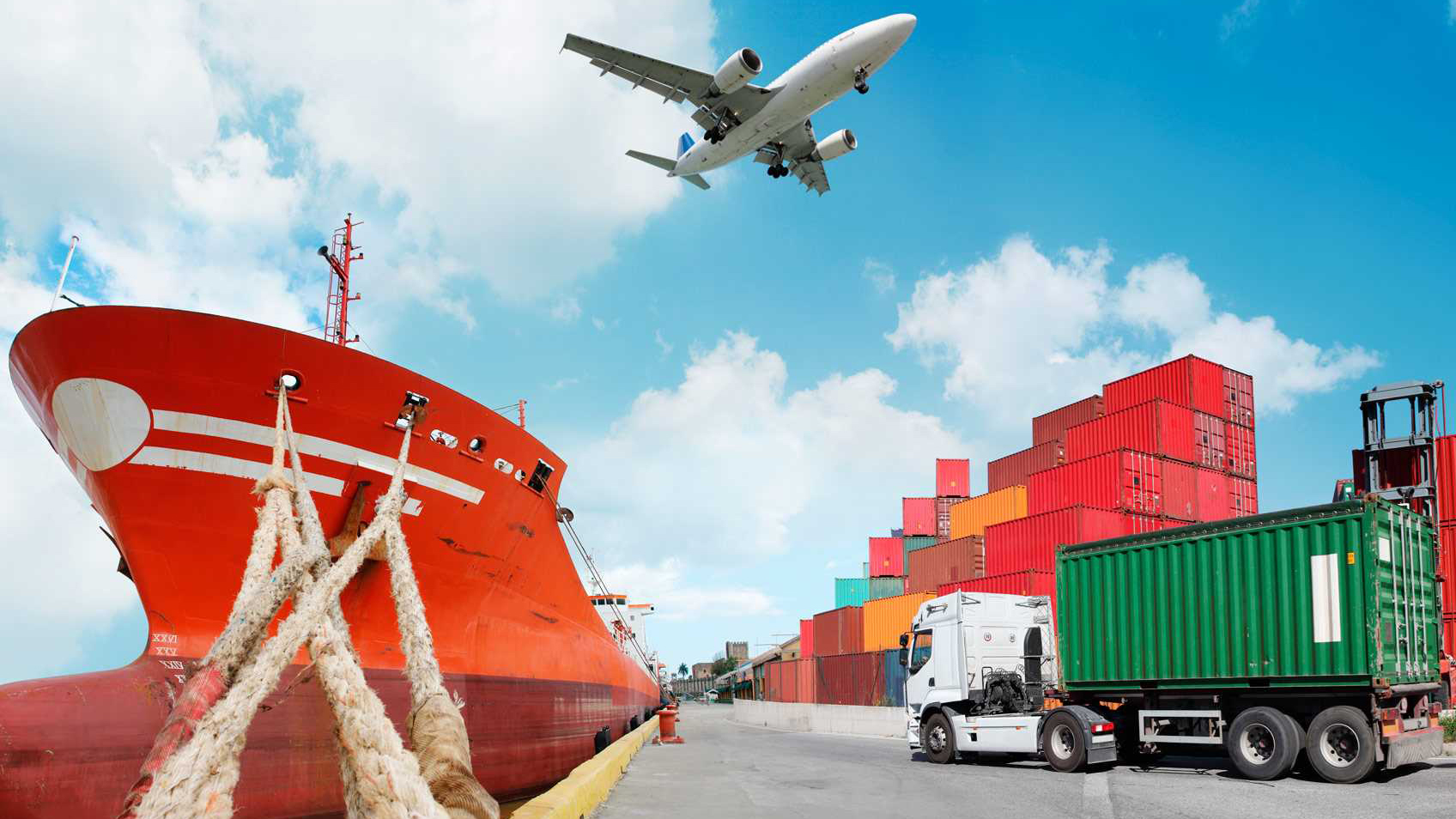Cornerstones for an action plan to lower freight rates, ensure connectivity, and build a more sustainable and resilient future
The COVID-19 pandemic has caused unprecedented disruption to maritime transport, leading directly to historically high container shipping freight rates, unpredictable schedules, port congestion and supply chain bottlenecks. Since the second half of 2020, there has been a dramatic increase in shipping freight rates (containers and bulk), including a surge in surcharges and fees. These soaring costs are a challenge especially for smaller and vulnerable economies.
The nascent economic recovery that started in late 2020 has been hindered by the supply chain bottlenecks and inefficiencies and is threatened by the high shipping rates that are described by many in the sector as unsustainable. The rebound in trade, combined with pandemic-induced restrictions in logistics operations has led to shortages in equipment and containers, less reliable services, congested ports and longer delays and dwell times.
The soaring freight rates, along with surcharges and fees, have been a challenge especially for smaller and vulnerable economies which have less policy space to address the maritime logistics disruption. Leaders from these economies have raised concerns about increased prices, food security as well as the availability of essential products such as medicines and medical supplies, as this could develop into an existential threat if it is not managed properly and as soon as possible.
The pandemic has accelerated the growing demand from e-commerce, and at the same promoted further digitalisation. Technological advances have been aimed at helping the shipping and ports industry to continue operations while minimising interaction and physical contact. The future demand/supply balance will also be impacted by regulatory requirements to drive the decarbonisation of shipping, the cost of which will inevitably translate into higher shipping rates for shippers and, ultimately, consumers.
Programme
The Ad Hoc Expert Meeting will be preceded by the presentation of the Review of Maritime Transport 2021 (from 10.00-11.30).
The content of the Review sets the scene for the substantive discussions for the Ad Hoc Expert Meeting.
In the first session of the Ad Hoc Expert Meeting, the UNCTAD Secretariat will provide an introduction by recalling what the fundamental determinants of maritime transport costs are and reporting on recent UNCTAD analysis regarding freight rates and transport cost developments over time.
In the second session, experts will make very short interventions and focus on what policymakers can do to help reduce congestion and high freight rates.
In the third session, experts will discuss how UNCTAD can support its members in responding to current and possible future maritime supply chain crises.
Questions for experts
- What are the main factors that are driving the current supply chain crisis, including increasing freight rates, port congestion and supply chain bottlenecks, and what are the implications for developing countries?
- What can policy makers do to help reduce freight rates (and the burden of excessive freight rates on vulnerable economies and small players across the maritime supply chain) and improve connectivity in the short term? What are long-term policy options to enhance the resilience of the maritime supply chain, including in view of longer-term industry developments such as the energy transition?
- How can UNCTAD support its members in responding to the maritime supply chain crisis, mitigate the negative impact on developing countries, and build a more sustainable and resilient maritime transport system?
These questions are not exhaustive and very much interlinked. During the meeting new questions are likely to emerge. It will be of particular interest to learn and exchange views about the maritime supply chain crisis and impact, already existing research, methodological approaches, data requirements and sources, and time frames. More importantly, it would be of interest to hear from experts about existing mechanisms and approaches, including from various sectors, that are used to mitigate/alleviate the impact of increased costs, prices and generally disruptive shocks and help build more resilient sector.
Experts will be invited to make short and concise contributions of five minutes per intervention, so as to allow for sufficient time for discussion.
Following the meeting, UNCTAD will prepare an outcome document focusing above all on the policy recommendations, with an action plan for members states, the international community and UNCTAD. This action plan will lay the ground for subsequent global and regional trade logistics forum.
Watch event recording
There is some issue in accessing document path, Please contact to Site Admin
Related
Topic
Transport, logistics and trade facilitationMeeting series
Event
Contact
Mr. Jan Hoffmann
Chief, Trade Logistics Branch
Division on Technology and Logistics
UNCTAD, Geneva


